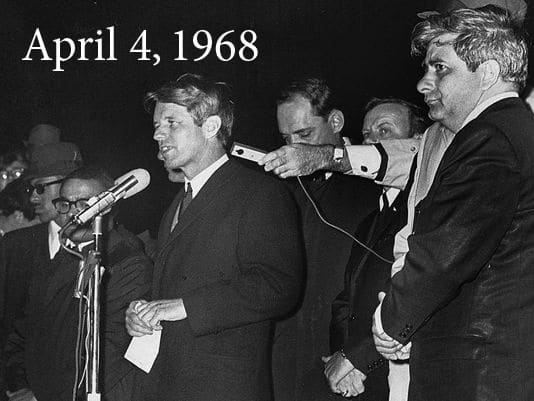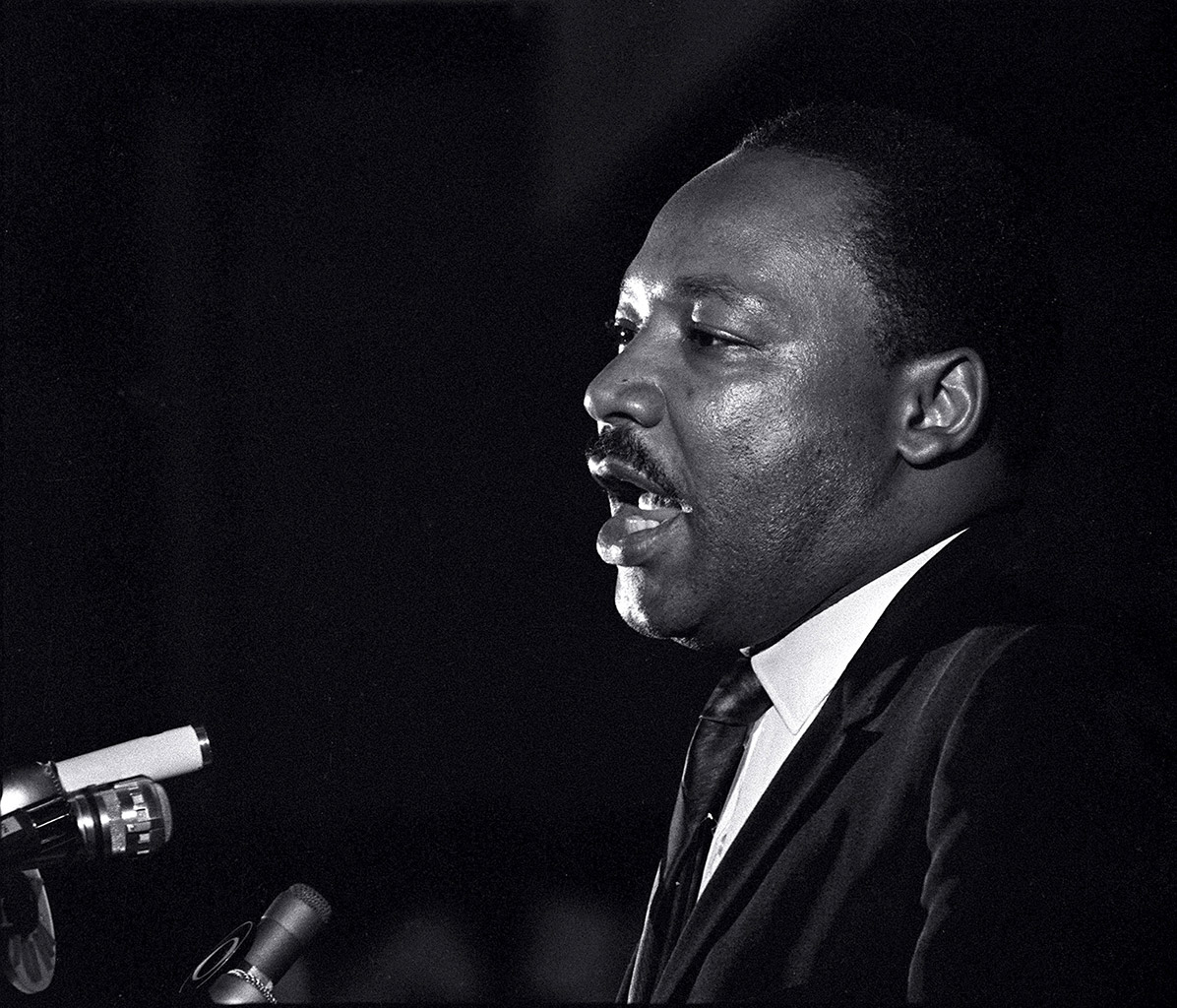Deep-sea Cable Cutter
In a move that could disrupt crucial undersea communication networks and energy infrastructure worldwide, a Chinese scientific body has unveiled a compact device that can cut cables and power lines located deep in the ocean. Developed by the China Ship Scientific Research Centre (CSSRC) and its State Key Laboratory of Deep-sea Manned Vehicles, the device targets armoured cables—made of steel, rubber, and polymer—that carry 95% of global data transmission. Capable of cutting lines at depths of up to 4,000 meters (13,123 [...]












